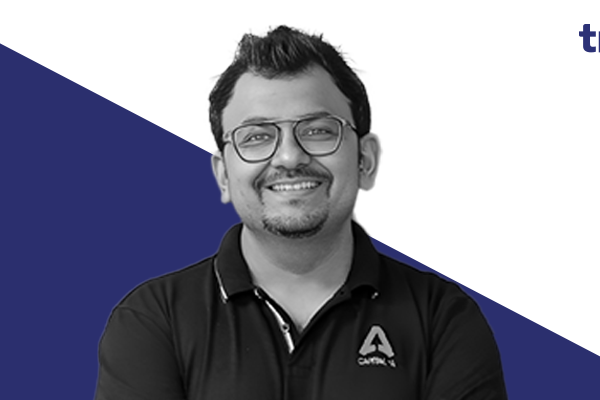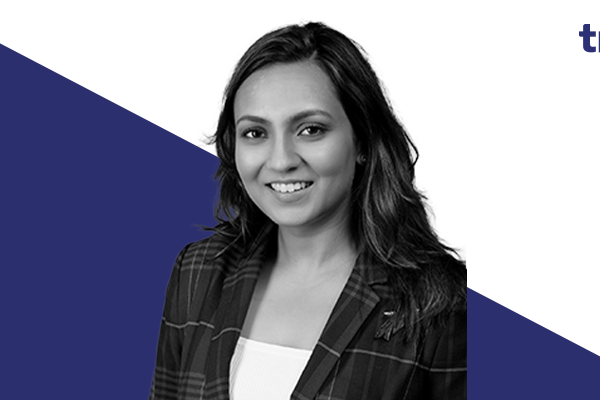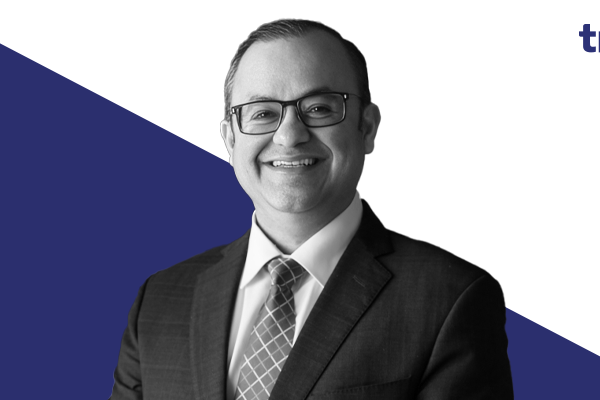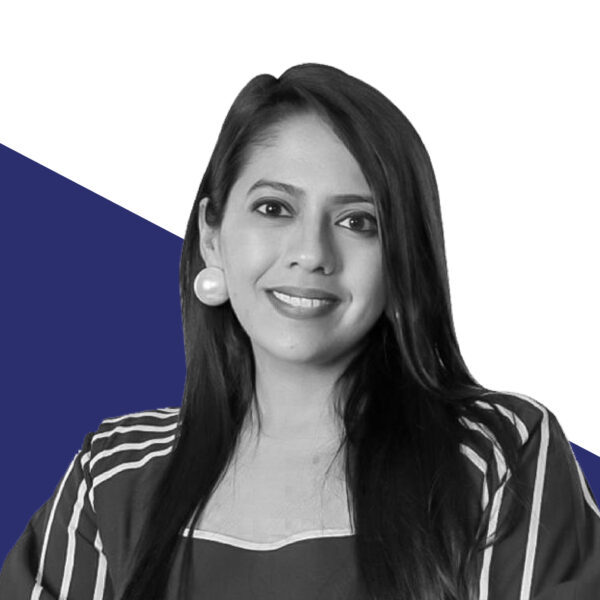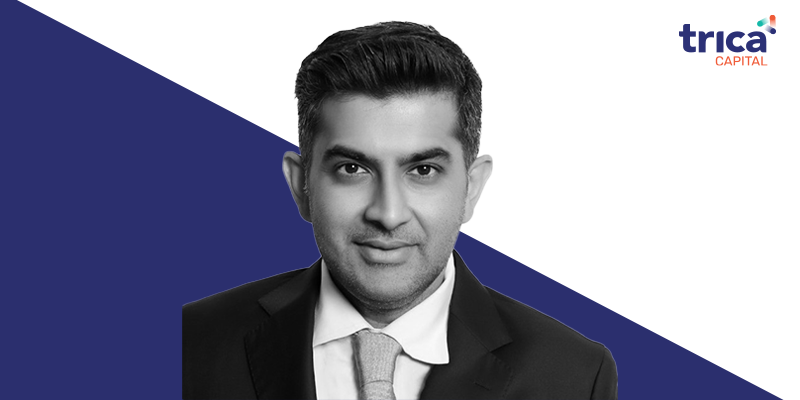
Rishabh Mariwala on Sharrp Ventures’ road to become the best consumer investor in the country
Rishabh Mariwala is a second-generation family business entrepreneur at Marico – a leading consumer products company – and the managing partner at Sharrp Ventures.
With a passion for innovative product formulations and deep consumer insight, he founded the luxury consumer brand Soap Opera in 2010 and went on to introduce a range of luxury skincare product PureSense in 2016. While working on PureSense, Rishabh founded Sharrp Ventures, the Mariwala Family Office.
In 2021, Mr. Mariwala was recognised as ET 40 under Forty. He is a graduate from Zarb School of Business, Hofstra University, New York, USA.
At LetsIgnite 2023, India’s largest conclave for startup investors, Mr Mariwala was part of a panel discussion on the young titans of family offices in India. Here’s an excerpt from a panel discussion. 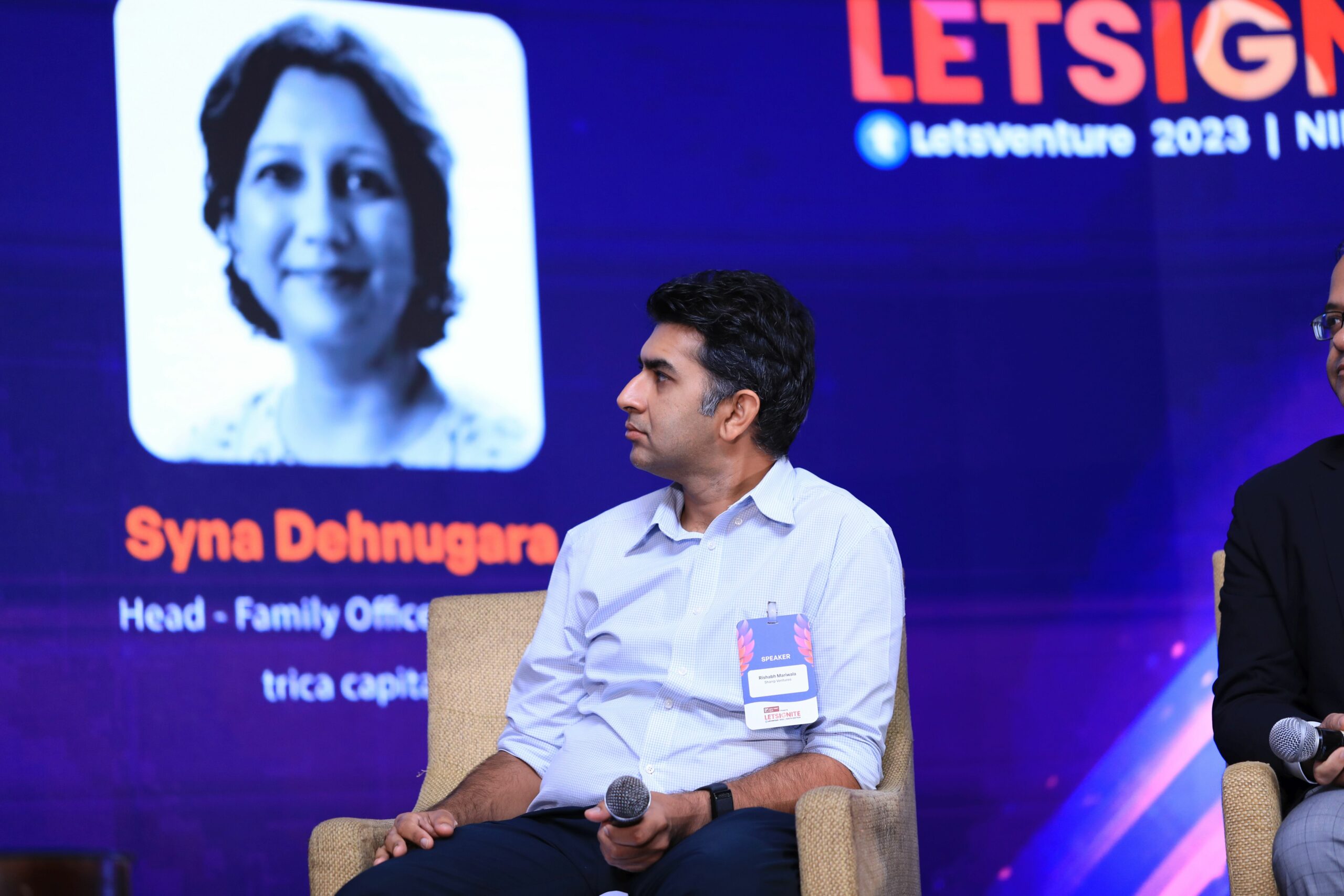
When you are doing private market investments, you have chosen to do more in the consumer space which is also where all of your generational business learning lies. Your promoter business at Marico is a consumer, FMCG, and retail business and even in the private markets allocation, you have decided to double down on that. Can you give us a sense of why you chose to go that direction and insights into setting up Sharrp Ventures?
They say that when you see one family office, you see one family office. All the journeys of family offices are different.
For me, it started in 2014 when I was beginning to understand what venture capital (VC) is because my father invested in Blume Ventures. I got super excited by that and I had my own business, completely bootstrapped, that I was running. While I was doing it, the dividend payout ratio in Marico increased.
All of a sudden, we had liquidity.
I asked my father if I can play with the money and invest in venture capital. He questioned why I would do that because Marico’s returns were great, earning 20 to 21 percent IRR in the last two decades. I just wanted to try it out and convinced him.
I loved meeting entrepreneurs, loved the excitement, and the journey. I know how hard it is and have a lot of respect for them. So when we started investing through funds, the objective was not diversification. It was just because it was stimulating to me.
Through those funds, I learnt a lot. We went from being stage and sector agnostic and doing everything to focusing on what we understand. We understand the consumer market, can add value to entrepreneurs in the space, and learn from them as well.
At Marico, we have quarter on quarter pressure since it’s a large, listed player. While you can’t burn money at Marico, there’s greater flexibility to burn in startups and learn a lot about the journey in terms of agility and the difference between larger and smaller companies in the consumer market. I think it provides a good balance of what you hope to achieve. 
As far as funding startups is concerned, we have seen a little bit of a freeze. Lots of VCs sitting on billions of dollars of dry powder and not really putting in capital into startups today as aggressively as they were, not just in 2021 but even in the cycle prior to that, which begs the question: What is the role that family offices or large capital allocators can play in this market?
As a team, we are fully organised today.
First of all, our aspiration is to be the best consumer investor in the country. I believe we can build towards that and give back to the ecosystem more and more as we scale. That’s what brings respect. It’s a virtuous cycle where you get the right entrepreneurs to come to you as well. We also organise events like the Sharrp Summit where we bring together 250 entrepreneurs in Mumbai.
Secondly, as a family office, as an investor class, is one to reckon with. I do believe that we have long-termism. While VC funds have a shelf life of five to eight years, the holding powers that family offices have is phenomenal. At the same time, it also opens doors of networks and opportunities to startups because our parent company can help startups with offline market, go-to-market (GTM) strategies, distribution, among other things. One can take from the parent company and give value back to the entrepreneurs. That’s our edge. 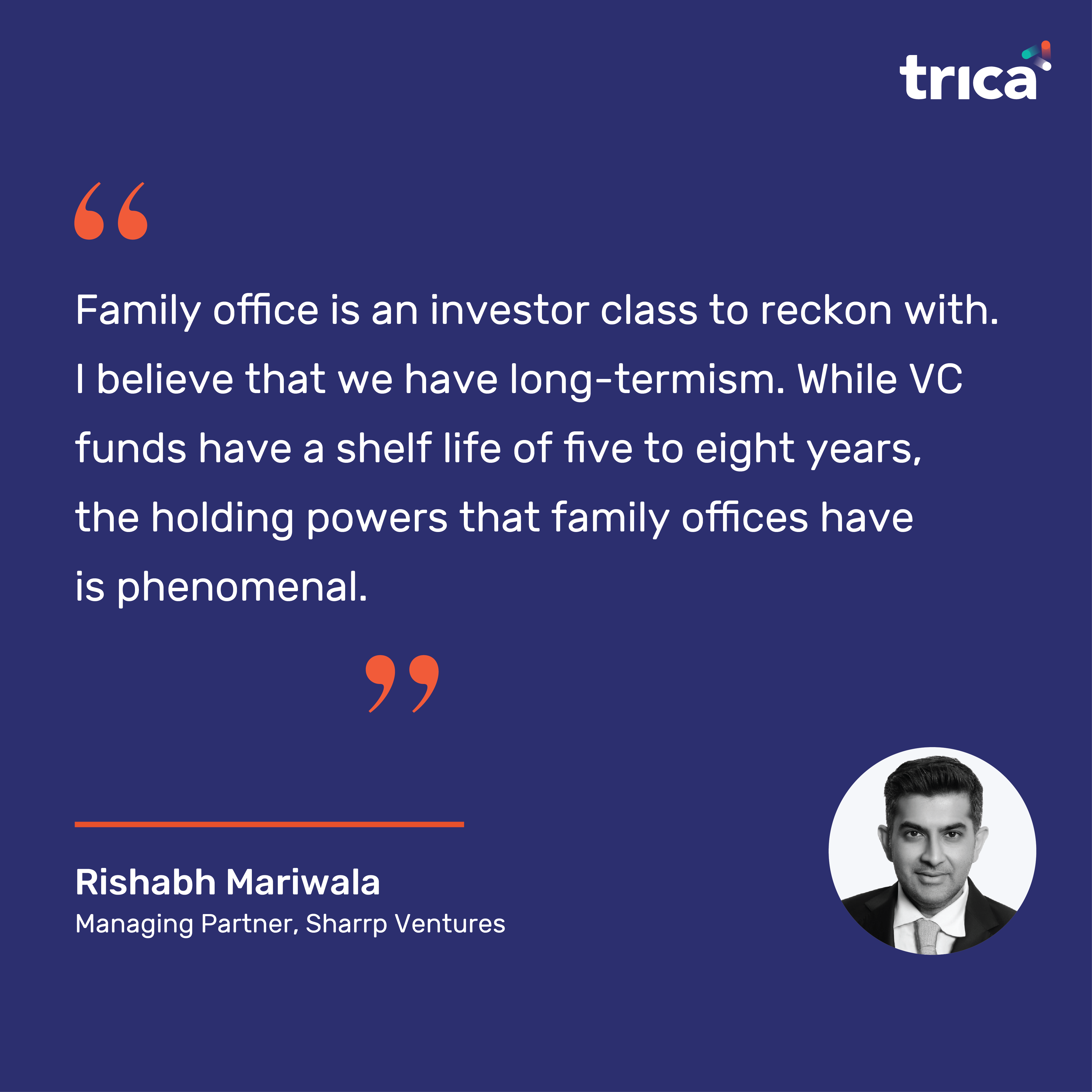 What would you like to see GPs in India do differently?
What would you like to see GPs in India do differently?
Communication is key. One thing I’d like to say that might be slightly controversial but important is, don’t flog a dead horse. When the deal is on the table and it’s not working out, it’s okay. Let it go and don’t try to pitch and upsell it. It’s critical to call a spade a spade.
Do not jump on borrowed conviction. Just because other funds are doing it does not mean there’s depth to it. Keeping a watchout is critical because sometimes, GPs are unnecessarily upselling.



